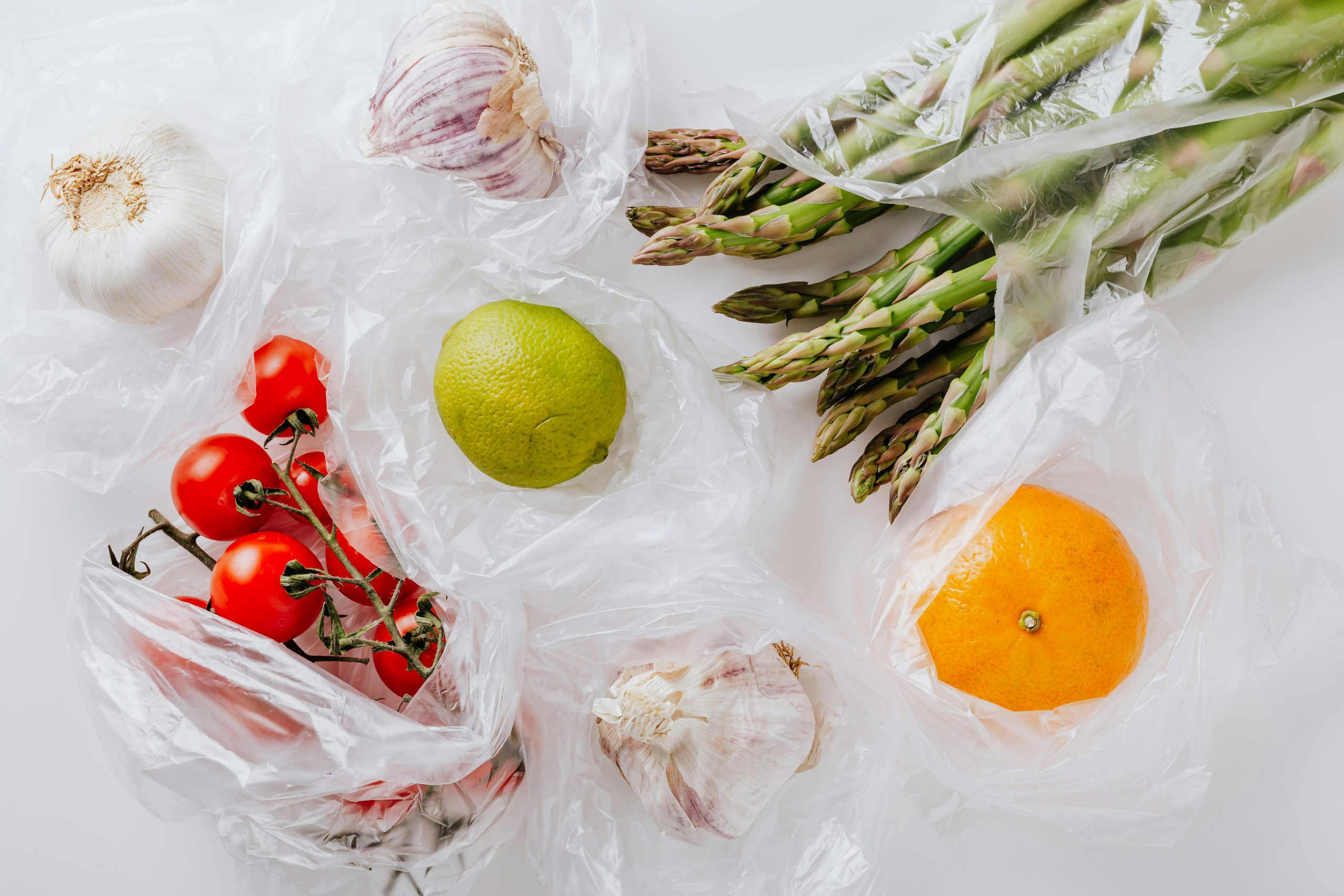Plastic waste has become a global crisis, and supermarkets are playing a big role in the problem. From shrink-wrapped produce to individually packaged snacks, plastic packaging is everywhere in grocery stores. Environmental groups and eco-conscious shoppers have started naming the worst offenders. Excessive plastic isn’t just wasteful—it’s avoidable. Here are eight grocery chains that have been criticized for their heavy reliance on plastic packaging.

Image Source: Pexels
1. Walmart
As the largest retailer in the world, Walmart’s plastic footprint is massive. Environmental groups have called out the chain for over-packaging fresh produce and using unnecessary plastic in store-brand items. While Walmart has announced sustainability goals, critics say progress is too slow. Customers have also questioned why recyclable or compostable options aren’t more widely available. Advocacy groups continue to pressure Walmart to do better.
2. Kroger

Image Source: Pexels
Kroger has pledged to phase out plastic bags, but in-store shelves still overflow with plastic-wrapped items. Critics say the company relies heavily on single-use containers in its deli and bakery sections. Pre-sliced fruits and veggies often come in hard plastic shells, creating more waste than necessary. Sustainability groups argue that alternatives exist and should be implemented faster. Kroger has promised to review packaging across all departments.
3. Safeway
Safeway has been targeted for its plastic-heavy seafood and produce departments. Many items are double-wrapped or packaged in polystyrene trays, which are difficult to recycle. While some stores offer paper options, they’re not available consistently. Environmental watchdogs have ranked Safeway low in packaging reduction efforts. Shoppers have joined the call for change, especially in urban areas with high waste generation.
4. Publix
Publix has made small steps toward sustainability, but it still uses excessive plastic packaging. Items like bakery cookies, meat, and cut fruits are frequently placed in hard-shell containers. Activists say that while Publix offers some recycling stations, the company hasn’t addressed the root of the issue. Customers are pushing for refillable containers and paper-based options. More progress is needed to meet consumer expectations.
5. Aldi
Aldi promotes itself as a sustainable option, but plastic use remains high in many locations. Despite removing plastic bags in some regions, the store’s frozen and produce sections still feature plastic-heavy packaging. The company has pledged to reduce plastic by 2025, yet critics say they’re behind schedule. Customers are calling for more unpackaged produce and reusable bag incentives. Aldi remains under scrutiny by green groups.
6. Costco
Costco has received criticism for its bulk packaging, which often includes layers of unnecessary plastic. Even individually wrapped items are frequently placed inside large plastic containers. While buying in bulk can reduce overall packaging, Costco’s methods often result in more waste. Critics argue that cardboard and compostable alternatives could be used instead. Costco has acknowledged the concern but hasn’t outlined major changes yet.
7. Trader Joe’s

Image Source: Pexels
Trader Joe’s built a loyal following with its unique branding, but it hasn’t escaped criticism for over-packaging. Many produce items, like cucumbers and avocados, are wrapped in plastic despite not needing it. The store has promised to cut down on plastics, but progress varies by region. Shoppers have started pushing back, demanding more sustainable solutions. Transparency about the timeline for change is still lacking.
8. Whole Foods
Whole Foods markets itself as a green grocer, yet it’s still heavily reliant on plastic containers and wrappers. Prepared meals, baked goods, and bulk items often come in hard plastics. Although they’ve taken steps to eliminate plastic straws and bags, critics say the store needs to overhaul its packaging strategy. Whole Foods customers expect higher sustainability standards—and they’re starting to speak up.
As plastic pollution becomes harder to ignore, shoppers and advocacy groups are putting pressure on supermarkets to lead the way. While some retailers are making improvements, many still rely heavily on single-use plastics for convenience. Consumers can help by choosing loose produce, bringing reusable bags, and supporting stores that prioritize sustainability. Every small action counts when it comes to reducing waste.
Read More
Ethical Couponing: Supporting Sustainable Brands on a Budget
Rethinking Waste: The Comprehensive Guide to Recycling, Downcycling, and Upcycling


